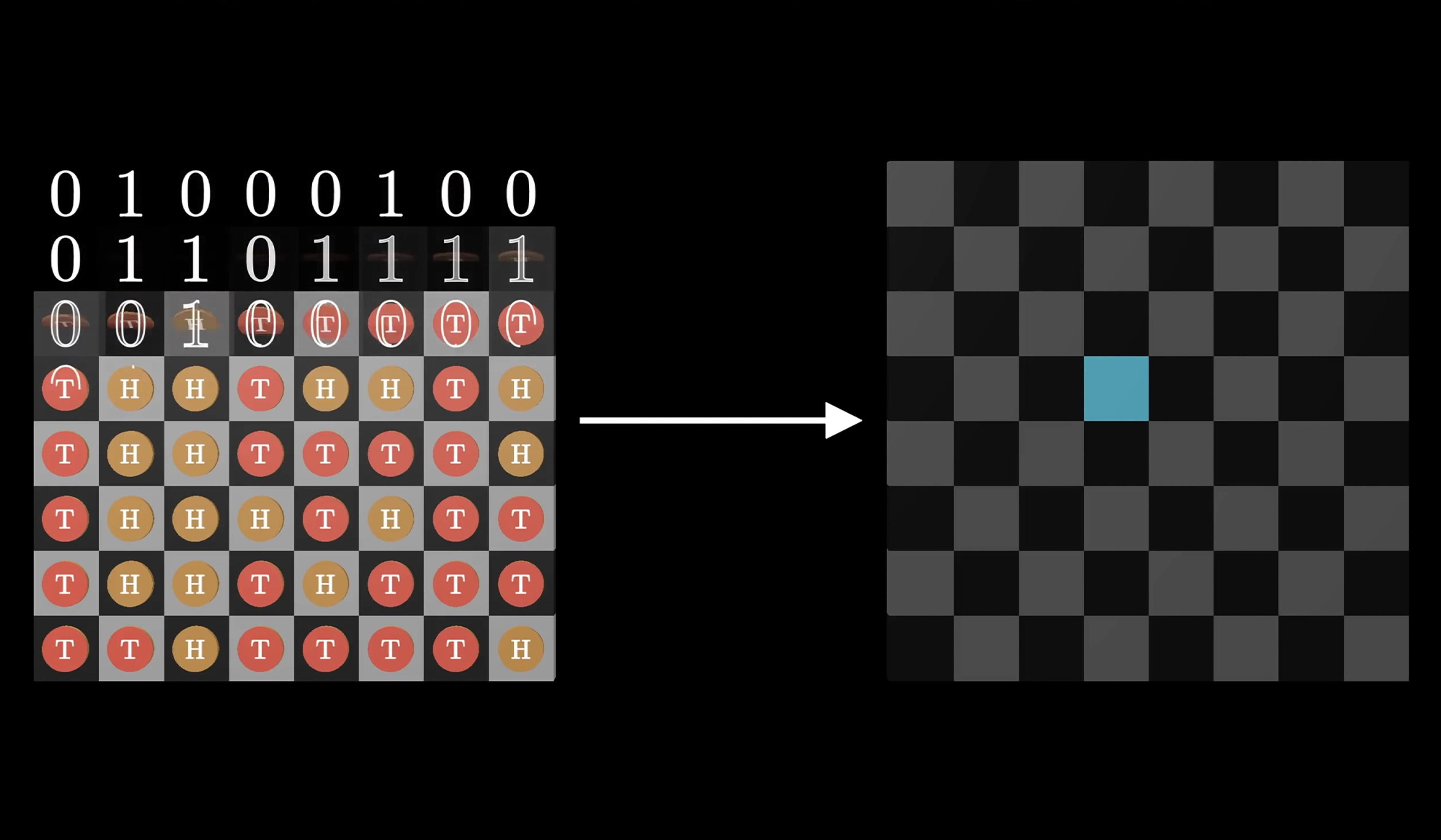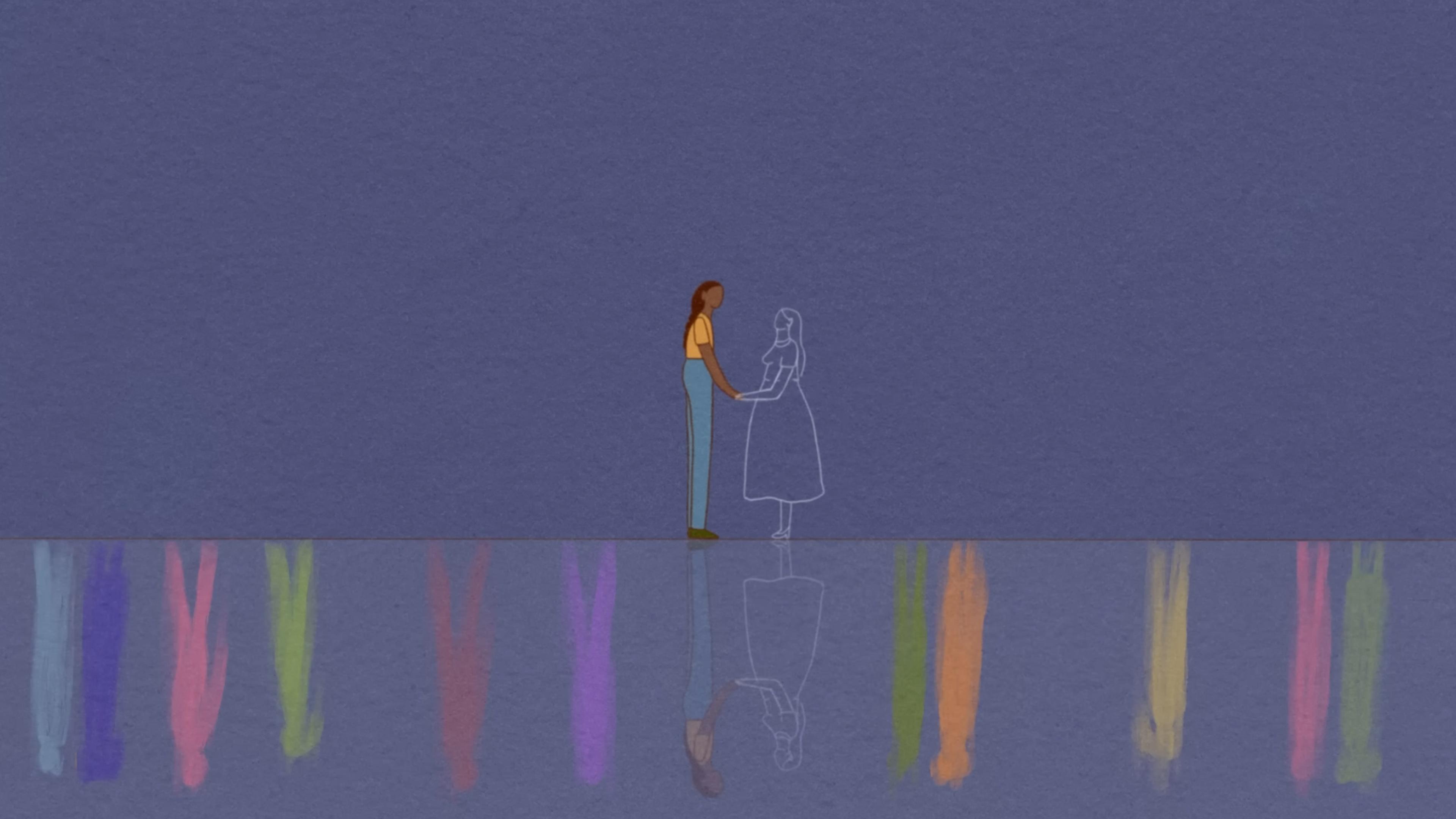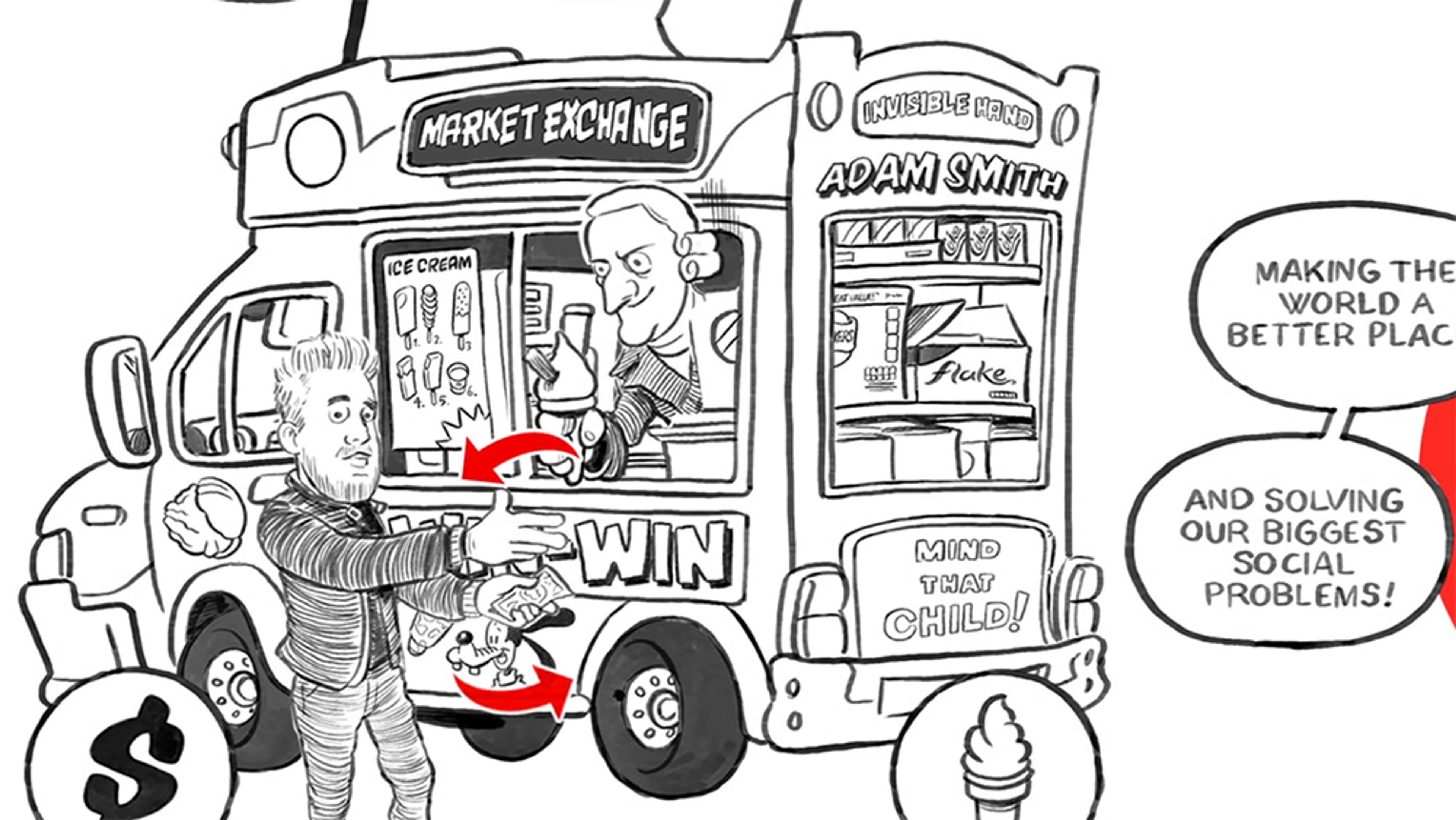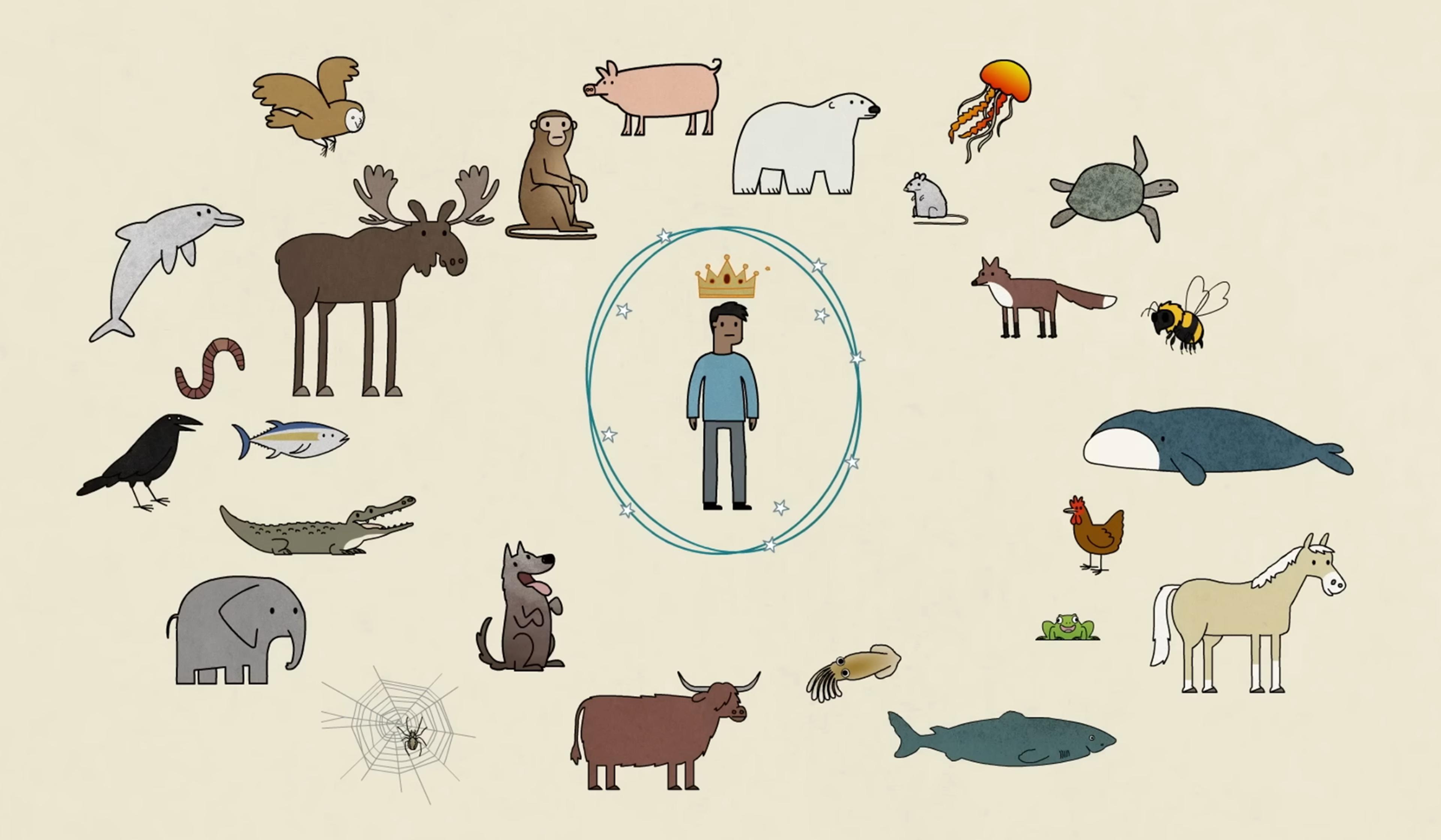Prisoner’s dilemmas ponder what happens when two rational agents, unable to communicate with one another, must choose between betraying the other for a large individual reward or cooperating for a more modest shared reward. These thought experiments are accompanied by a caveat – if both agents betray one another, they’re left with nothing. One of the best-known examples of game theory, the implications of prisoner’s dilemmas are more than just theoretical, extending to real-life matters of government and diplomacy. Illustrated with whimsical felt stop-motion, this TED-Ed animation puzzles through two prisoner’s-dilemma scenarios in which gingerbread men are forced to chew over how to keep the maximum number of limbs.
Chew over the prisoner’s dilemma and see if you can find the rational path out

videoMathematics
This puzzle is nearly impossible – but working out why is its own brain-teaser
19 minutes

videoMood and emotion
Kindness as self-defence – the power of ‘non-complementary behaviour’
8 minutes

videoEthics
A deathbed scenario raises the question: how much power should a promise hold?
5 minutes

videoCognition and intelligence
Why it’s so easy to cheat without feeling dishonest
11 minutes

videoPhilosophy of science
Video gamers solve a biological puzzle that has stumped scientists for years
3 minutes

videoNeurodiversity
Workplace diversity isn’t just about equality – it’s a competitive advantage
4 minutes

videoStories and literature
He ate the albatross soup, then shot himself: why? A trippy animation solves the riddle
7 minutes

videoFairness and equality
Win-win solutions are a fantasy: in reality, progress creates both winners and losers
5 minutes

videoEthics
How many monkeys is it worth sacrificing to save a human life?
6 minutes